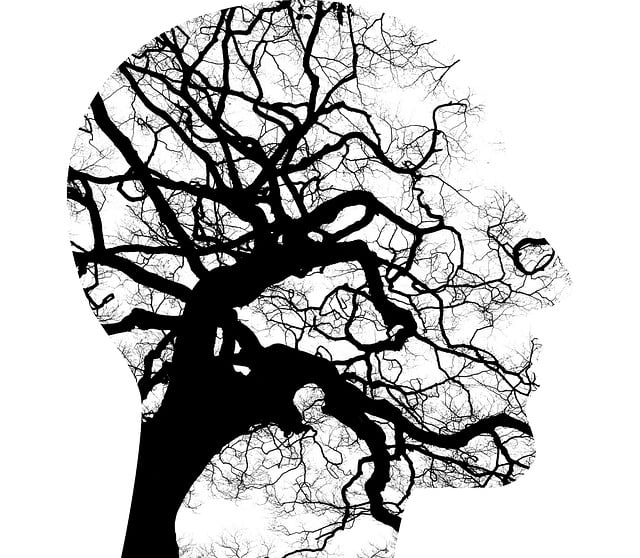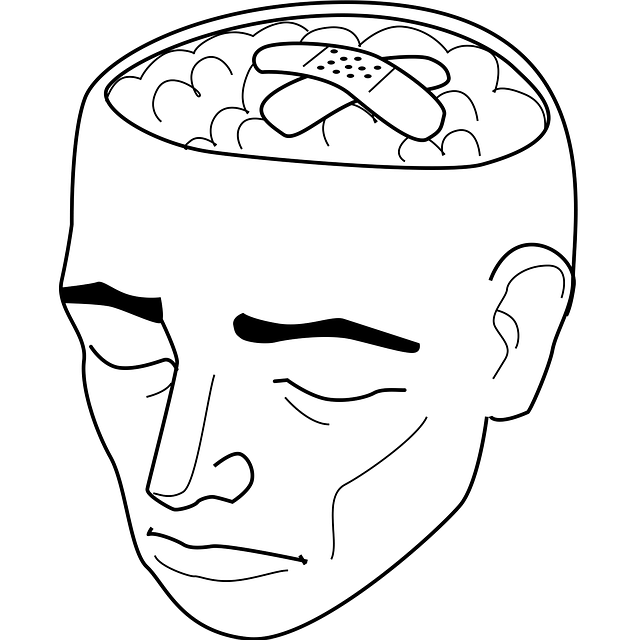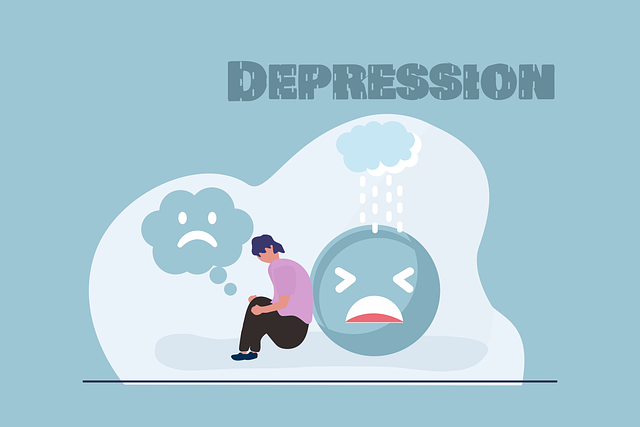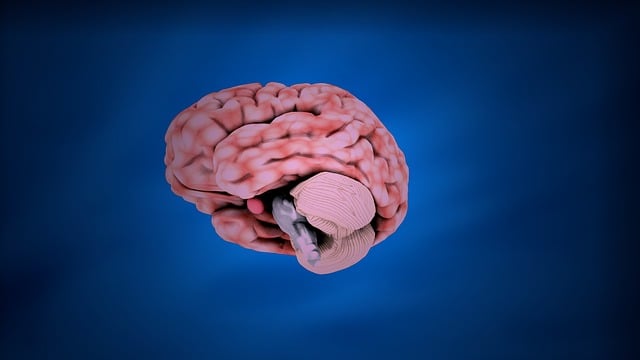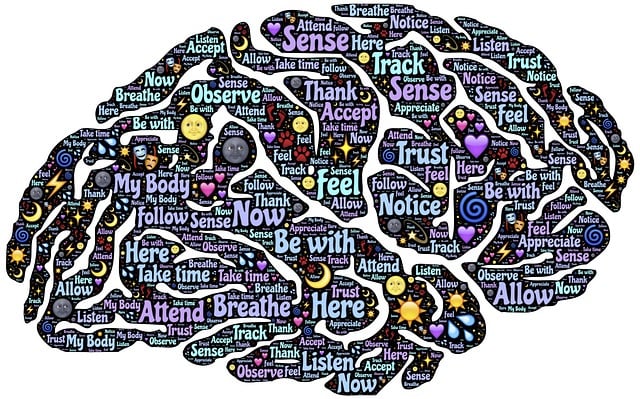Littleton Grief Counseling Therapy offers a comprehensive approach to mood regulation, enhancing well-being and mental health. They combine traditional counseling with mindfulness meditation, inner strength-building, and positive affirmations to help individuals manage emotions, reduce stress, and overcome challenges like trauma or depression. Through tailored sessions addressing thought patterns and fostering self-care, clients develop resilience, emotional intelligence, and effective coping mechanisms for improved mood stabilization and overall mental wellness.
Mood regulation is a vital aspect of maintaining emotional well-being. This comprehensive guide explores effective strategies to manage and enhance your mood, focusing on the powerful role of Littleton Grief Counseling Therapy. Understanding how our thoughts and behaviors influence our emotional state is the first step towards positive change. We’ll delve into practical techniques, offering a holistic approach to achieving better mental balance. By combining traditional therapy with modern practices, individuals can navigate life’s challenges and foster resilience.
- Understanding Mood Regulation and Its Impact on Well-being
- Strategies for Effective Mood Management: A Comprehensive Approach
- The Role of Littleton Grief Counseling Therapy in Mood Regulation
Understanding Mood Regulation and Its Impact on Well-being

Understanding Mood Regulation is crucial for enhancing well-being and overall mental health. It involves managing and stabilizing emotions to promote a sense of balance and resilience. Effective mood regulation strategies empower individuals to navigate life’s challenges, reduce the impact of negative experiences, and foster positive coping mechanisms. By learning these skills, folks can transform their emotional responses, leading to improved mental health outcomes, particularly when supported by professional guidance like Littleton Grief Counseling Therapy.
This process is especially vital for those who have experienced trauma or struggle with conditions that affect mood regulation, such as depression or anxiety. Inner strength development through therapy and trauma support services plays a significant role in mitigating risks associated with mental health disorders. A comprehensive risk assessment for mental health professionals can help identify individuals in need of specialized care, ensuring they receive the appropriate tools and resources to reclaim their emotional well-being.
Strategies for Effective Mood Management: A Comprehensive Approach

Maintaining a stable and positive mood is essential for overall well-being. Littleton Grief Counseling Therapy offers comprehensive strategies to manage and regulate moods effectively. One powerful tool in this approach is mindfulness meditation, which helps individuals focus on the present moment, reducing stress and anxiety. By cultivating awareness of thoughts and emotions without judgment, one can gain a deeper understanding of their triggers and develop healthier coping mechanisms.
In addition, Littleton Grief Counseling Therapy emphasizes the importance of inner strength development. This involves building resilience, self-confidence, and emotional intelligence. Through therapy sessions, individuals learn to identify and challenge negative thought patterns, replace them with positive affirmations, and engage in activities that foster a sense of purpose and meaning. Community outreach program implementation is another key aspect, as connecting with like-minded individuals and engaging in group support can significantly enhance mood regulation capabilities.
The Role of Littleton Grief Counseling Therapy in Mood Regulation

Littleton Grief Counseling Therapy offers a powerful tool for individuals seeking to regulate their moods and enhance mental wellness. This therapeutic approach goes beyond traditional counseling by focusing on the intricate connection between grief, emotional healing, and overall mood stabilization. Through tailored sessions, clients can explore and process complex emotions, fostering inner strength development and resilience.
By engaging in this therapy, individuals are guided to understand and manage their emotional responses effectively. The process involves learning coping mechanisms, cultivating self-care routines for better mental health, and gaining insights into personal triggers. Furthermore, the therapy encourages the exploration of underlying beliefs and thought patterns, enabling clients to challenge negative perceptions and promote positive mood regulation strategies. This holistic approach, combined with the support of mental wellness coaching programs development, can significantly contribute to an individual’s journey towards emotional well-being.
In conclusion, mood regulation is a multifaceted aspect of well-being, with strategies like Littleton Grief Counseling Therapy offering profound impacts. By understanding and implementing comprehensive approaches, individuals can effectively manage their moods, leading to enhanced emotional resilience and improved quality of life. These techniques are essential tools in navigating life’s challenges and fostering a healthier, more balanced mental state.
